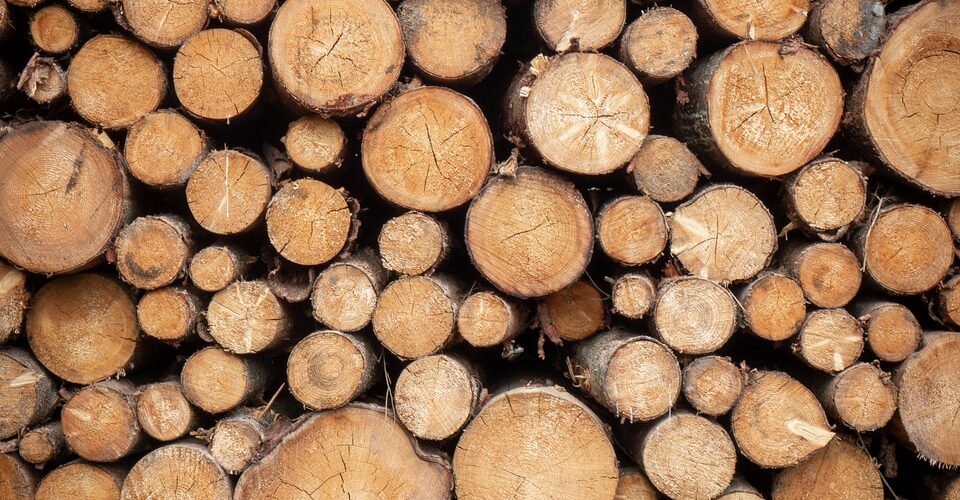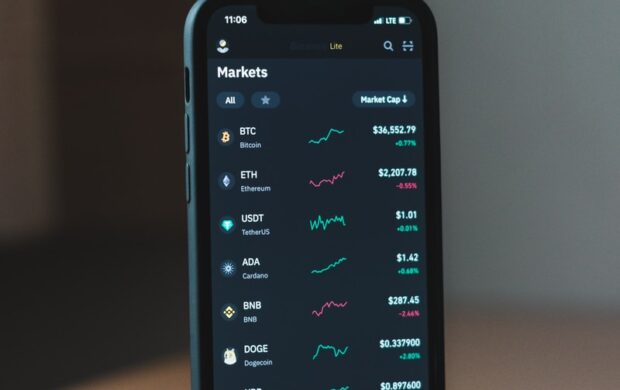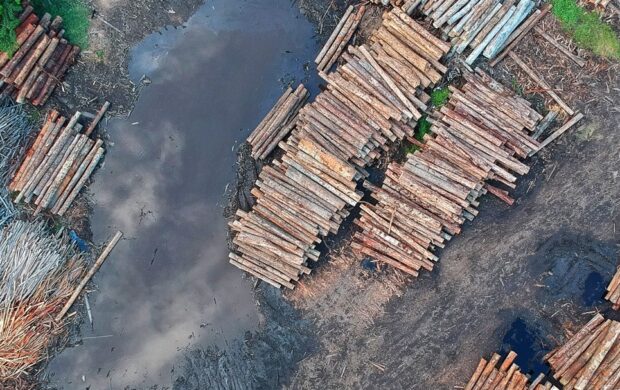In what is expected to be one of the largest public-private initiatives to protect forests while benefiting people, the Lowering Emissions by Accelerating Forest Finance (LEAF) coalition will provide financial support to countries able to reduce deforestation and forest degradation. The coalition, which includes governments like the the US, Norway, and the UK, aims to mobilize at least $1 billion in financing to provide high-quality emissions reductions for tropical forests “verified against an independent standard”.

So what?
While other similar initiatives (e.g. REDD+) have been around for years, LEAF signals a phase-change and maturation of carbon offsetting and forest finance. By 1) paying a higher price per hectare of forest protected, 2) requiring participating businesses and governments to be SBTi 1.5 C signatories and reduce emissions before purchasing offsets, and crucially 3) by deploying funds to jurisdictions and regions instead of individual landowners, the LEAF coalition could prove much more effective than previous approaches to forest protection. This means that jurisdictions will be payed closer to what they could make from cutting or exploiting the forest, that participating businesses will need to reduce emissions before simply offsetting them, and that that illegal loggers don’t simply move “down the road” to the next patch, but that entire regions need to work together to protect forests. Will we finally see forest financing produce the desperately-needed reduction in deforestation and degradation needed to stave climate, social, and biodiversity disruption?

















Join discussion